New Zealander Mark Inglis is the first double amputee to climb Mount Everest. Mark lost his legs in a climbing incident in New Zealand, accomplished his Everest first in 2006 and has a string of other achievements and awards. He’s a Paralympic cycling medallist, Officer of the NZ Order of Merit, wine maker, scientist, business innovator and trekking guide, while his work as a motivator and philanthropist has helped people with disabilities to scale their personal mountains.
Mark’s message is simple -‘Attitude determines your Altitude’.
Mark Inglis
Mark has supported Exceed Worldwide’s work in Cambodia for more than 25 years, through his Limbs4All Trust and as a trustee of Cambodia Trust NZ (Exceed Worldwide used to be called The Cambodia Trust). He has visited Exceed physical rehabilitation centres in Phnom Penh, Kampong Chhnang and Sihoukanville on many occasions and, over the years, has helped to raise and donate close to $100,000 to support education and training for children, young people and adults with disability.
Education, numeracy, literacy, qualifications, knowledge and skills are often the keys to employment and independence. Yet, across the world, the path to independence is often closed to people with disabilities, who can struggle to enter and stay in education. This is a big issue in Cambodia and, between 2019-21, Mark’s ‘Limbs4All’ Trust has supported the ‘Kids Exceed’ project.
In this project, Exceed community workers locate disabled and disadvantaged children, arrange Prosthetic or Orthotic (P&O) treatment and support families so that their children can go to school. Along with P&O treatment, this involves paying school fees, providing school uniforms and teaching materials, supplying bicycles for travel to and from school and keeping in touch with children, families and schools.
Exceed also partners with schools to promote inclusive education, adapt schools for children with disabilities and provide extra tuition and social activities for everyone at after school clubs.
Mountains aren’t always hills
Donations from the Limbs4All Trust and others help to make this possible and Exceed wishes to thank the Trust and Mark for the practical and inspirational support provided over so many years.
As Mark says, Limbs4All is committed to ensuring that the disabled have the resources and attitude to 'lose the dis' and become able’ and the partnership with Exceed makes this a reality for many people with disability in Cambodia.







